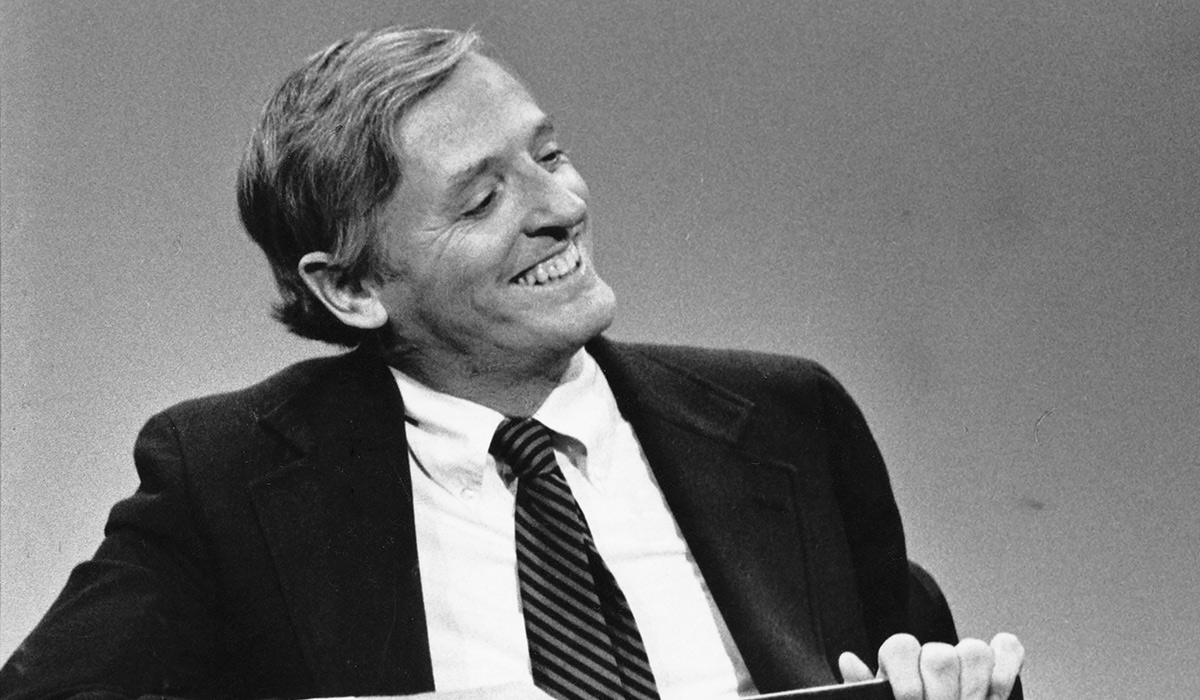William f buckley why don’t we complain – William F. Buckley’s influential treatise, “Why Don’t We Complain?,” delves into the profound impact of complaining on individuals and society, offering a compelling critique of the dangers of excessive negativity and advocating for a proactive approach to problem-solving.
Buckley’s philosophy emphasizes the virtues of individualism, self-reliance, and personal responsibility, arguing that complaining undermines these principles and fosters a sense of victimhood.
Historical Context
William F. Buckley’s philosophy on complaining was shaped by the political and social climate of his time. During the mid-20th century, the United States was experiencing a period of great social and economic change. The Cold War, the Civil Rights Movement, and the Vietnam War were all major events that contributed to a sense of unease and uncertainty.
Attitudes towards dissent and criticism were also changing. In the past, it was considered unpatriotic to criticize the government or other institutions. However, the Vietnam War and other events led to a growing sense of disillusionment and skepticism. People were becoming more willing to voice their complaints, and Buckley’s philosophy reflected this shift in attitudes.
Buckley’s Philosophy

Buckley was a conservative who believed in the importance of individualism, self-reliance, and personal responsibility. He argued that people should not rely on the government or other institutions to solve their problems. Instead, they should take responsibility for their own lives and work to improve their circumstances.
Buckley’s views on complaining were consistent with his overall philosophy. He believed that complaining was a waste of time and energy. It did not lead to any positive results and only served to make people feel worse. Instead, Buckley argued that people should focus on finding solutions to their problems.
The Dangers of Complaining

Buckley believed that complaining could be detrimental to individuals and society. He argued that it could lead to a sense of helplessness and victimhood. When people complain, they are essentially giving up on themselves and their ability to improve their lives.
Buckley also argued that complaining could be corrosive to society. It can create a culture of negativity and resentment. When people are constantly complaining, they are less likely to be productive or to work together to solve problems.
Constructive Criticism vs. Whining

Buckley distinguished between constructive criticism and mere whining. Constructive criticism is specific, actionable, and focused on finding solutions. Whining, on the other hand, is general, vague, and simply expresses dissatisfaction.
Buckley believed that constructive criticism is essential for progress. It allows people to identify problems and work together to find solutions. Whining, on the other hand, is unproductive and only serves to make people feel worse.
The Role of Action
Buckley believed that action is more effective than complaining. He argued that people should not waste their time complaining about problems. Instead, they should take action to solve them.
Buckley’s philosophy encouraged individuals to take responsibility for their own lives. He believed that people should not wait for someone else to solve their problems. Instead, they should take the initiative and work to improve their circumstances.
FAQ Section: William F Buckley Why Don’t We Complain
What is Buckley’s main argument against complaining?
Buckley contends that complaining can be detrimental to individuals and society, fostering a sense of victimhood and undermining personal responsibility.
How does Buckley define constructive criticism?
Buckley distinguishes constructive criticism from mere whining, emphasizing the importance of focusing on solutions rather than simply expressing dissatisfaction.
What is Buckley’s view on the role of action?
Buckley believes that action is more effective than complaining, encouraging individuals to take personal initiative and responsibility for solving problems.